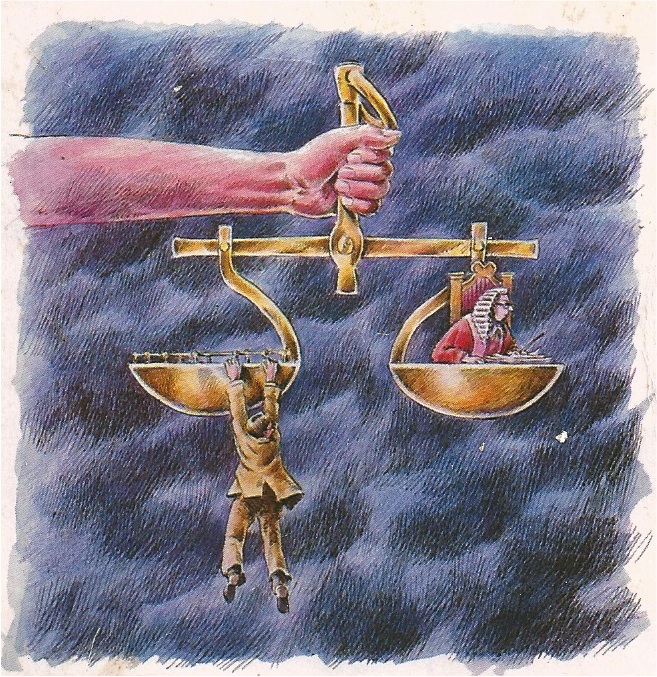The government has announced a new compensation scheme for the initial complainants in the Horizon Scandal, who had previously denied full compensation.
The 555 claimants in the 2019 case Bates v Post Office, where a judge ruled that the Horizon system was ‘not remotely robust’ have been excluded from other compensation schemes. This was despite the fact that legal fees claimed nearly 80% of the original settlement, leaving individual claimants received only c. £20,000 each. By contrast, the other schemes offered ‘interim’ payments of up to £100,000.
The new GLO Compensation Scheme will allow those claimants to apply for fuller compensation. Claimants are advised to start preparing now, in advance of claims being submitted in the new year. The scheme will include an independent advisory board including MP Kevan Jones and Lord Arbuthnot, who have campaigned for postmasters for years.
The government has offered up to £900 per claimant to support legal fees. This figure has faced heavy criticism. It is 25% less than in other compensation schemes, and described by the Law Society Gazette as “laughably small. The preparation of heads of claim, evidence-gathering about physical and psychological trauma and advice on whether an offer is acceptable cannot be done for £900. The government must realise this, and must know there is the likelihood that many claimants will simply go unrepresented.”
Lack of representation has been a problem for other Horizon compensations schemes. The euphemistically named Historical Shortfall Scheme was targeted at those affected by Horizon but not claimants in Bates v Post Office. The Post Office has made 2,240 offers of compensation under this scheme, at an average of £33,000 per claimant. Nonetheless, the scheme has been described as “exceptionally slow, [providing] unfair and low offers to unrepresented postmasters”.
Many of those affected by Horizon are in still in debt, or financially unable to seek legal advice in making their claims, leaving them unrepresented. In one example, a claimant self-representing claimed only for £502.46; in reality, she was entitled to nearly £180,000. Even when claimants are represented, much of their compensation is lost in debts accrued as a result of Horizon. Another claimant had been awarded £259,000; however, after going through the Official Receiver, only £8,000 actually made it to the claimant, with the other 97% going to debtors.
A third scheme, the Overturned Historical Convictions Scheme, seems equally inefficient. So far, this scheme has paid out just 77 claims, at an average of just under £100,000 each. Over 600 relevant convictions have not yet been considered by this scheme.
The Horizon Computer system was used by the Post Office as the basis of accusations against subpostmasters for theft and fraud over a period of decades. In addition to over 700 criminal convictions, these accusations drove individuals to divorce, bankruptcy and suicide. Horizon was later revealed to be fundamentally unsound. The scandal is considered to be the largest miscarriage of justice in UK history. At least 30 victims have died before receiving justice.







